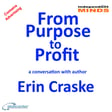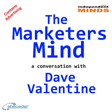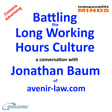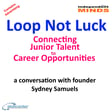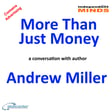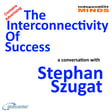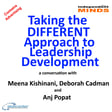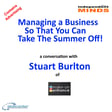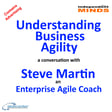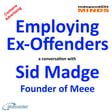
Why Coaching Doesn’t Work - a conversation with Clare Norman
Clare Norman, is the author of Cultivating Coachability
In this episode of the Abecederpodcast The Independent Minds, Clare explains the challenges organisations face when trying to make coaching work successfully, to host Michael Millward.
Clare explains the advantages of coaching as part of the training mix, especially as a way of helping people transfer what they have learnt on training courses into their everyday work activities.
Both Michael and Clare are fans of coaching, but they are also realistic about the challenges of using coaching.
Clare introduces new ways to describe the different roles and activities in the coaching process.
Using their different experiences, Michael and Clare to identify and explore the reasons why coaching does not work, how to avoid those problems and how to improve the way an organisation implements a coaching programme.
Find out more about both Michael Millward, and Clare Norman at Abeceder.co.uk
The Independent Minds is made on Zencastr, because as the all-in-one podcasting platform, on which you can create your podcast in one place and then distribute it to the major platforms, Zencastr really does make creating content so easy. Try podcasting yourself using Zencastr visit zencastr.com/pricing and use our offer code ABECEDER.
Travel
Clare is based in Hampshire a county in Southern England. Members of the Ultimate Travel Club, can travel to and around the UK at trade prices on flights, hotels, trains, package holidays and all sorts of other travel purchases. You can become a member at a discounted price by using my offer code ABEC79 when you join-up.
Three the network
If you are listening to The Independent Minds on your smart phone, you may like to know that Three has the UK’s Fastest 5G Network with Unlimited Data, so listening on Three means you can wave goodbye to buffering.
Visit Three for information about business and personal telecom solutions from Three, and the special offers available when you quote my referral code WPFNUQHU.
Being a Guest
If you would like to be a guest on The Independent Minds, please contact using the link at Abeceder.co.uk.
We recommend that potential guests take one of the podcasting guest training programmes available from Work Place Learning Centre.
We appreciate every like, download, and subscriber.
Thank you for listening.
